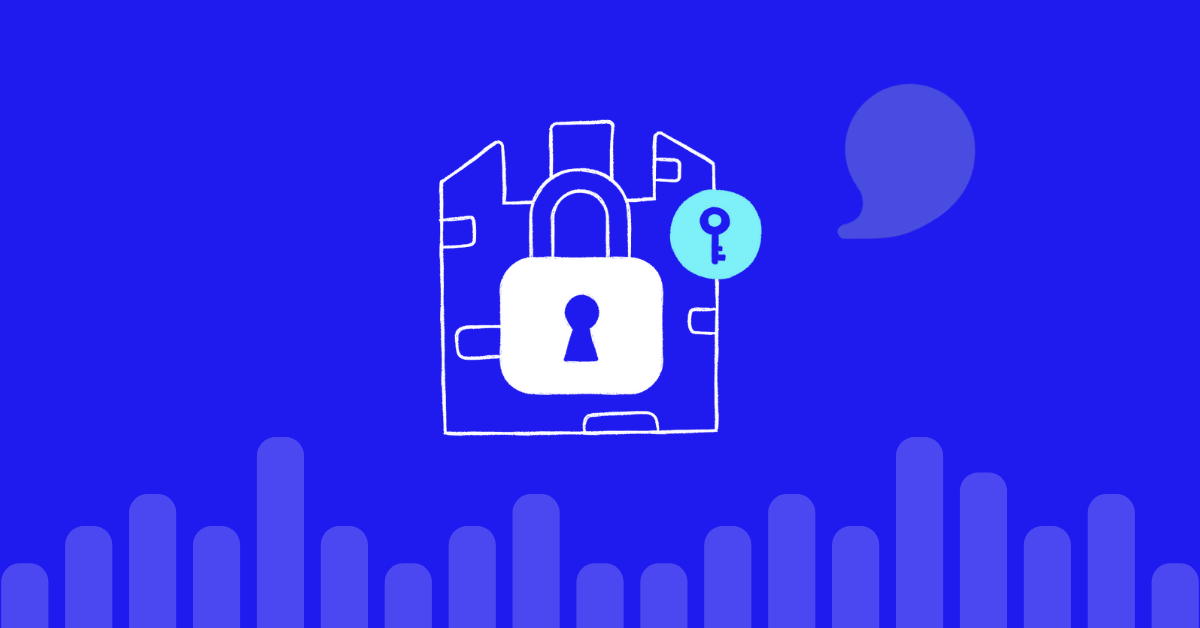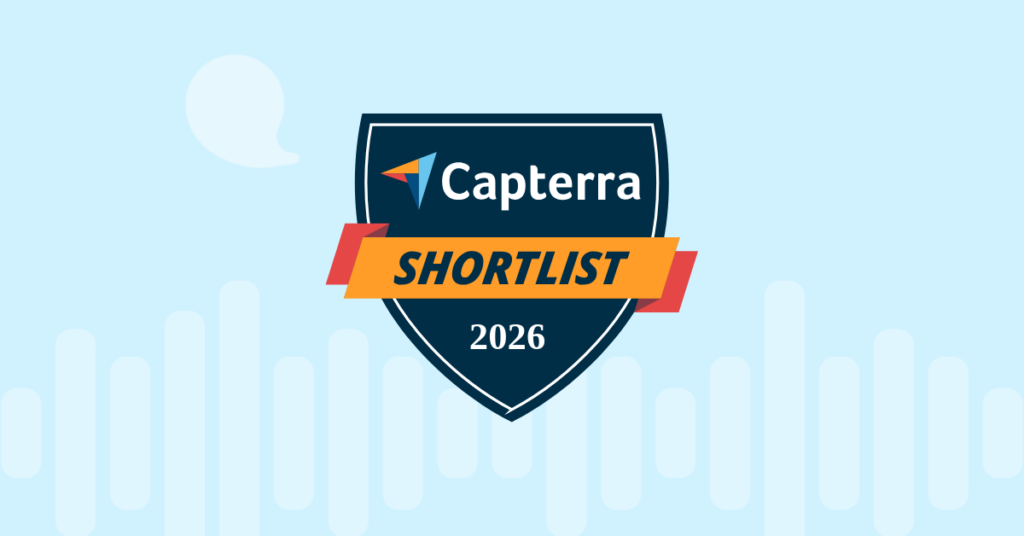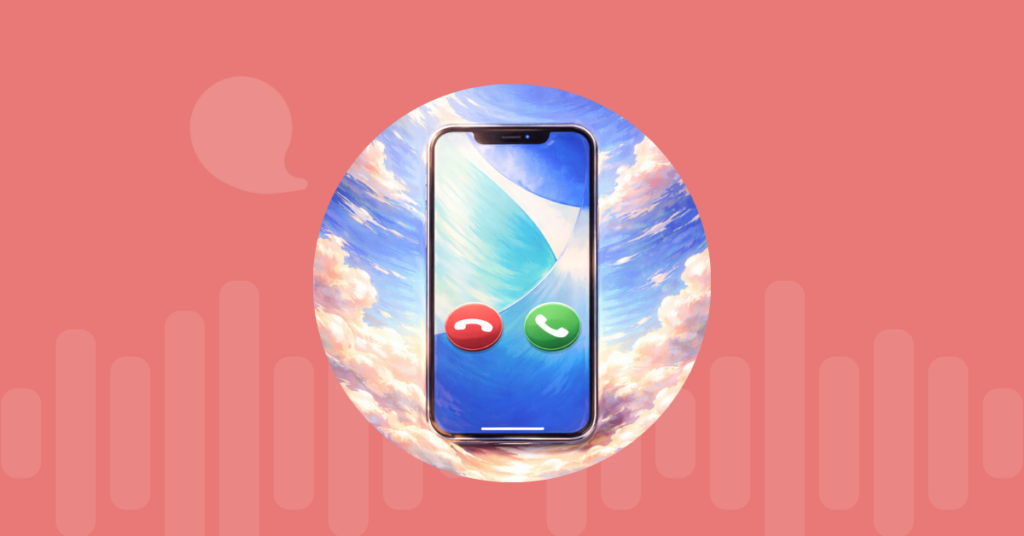
Table of contents
VoIP phone systems have many proven benefits for enterprises. It can save money and enable telecommuting for employees. VoIP trumps the PSTN in every way that matters. In spite of this, some businesses hesitate to upgrade due to security concerns. Even organizations that have switched to VoIP are worried about security.
Why VoIP Phone Security Matters
Before VoIP phone systems, few people ever worried about securing their phones. If you have a VoIP phone system or are considering an upgrade, here’s why VoIP security matters:
Regulation
Governments around the world are imposing regulations on specific industries and businesses. You should be concerned about VoIP security too as your company might have to comply with a specific regulation. Organizations will have no choice but to take security seriously.
Consider the General Data Protection Regulation (GDPR) as an example. Some people mistakenly assume that it applies only to EU based companies. But the legislation takes a broader view of both the definition of personal data and who should comply with it.
Under the GDPR, a company has to protect things like cookie data just as they would financial information. Similarly, an enterprise that stores/processes data about EU citizens must comply. This means a business should follow GDPR even if they don’t do business in the EU directly.
The Markets In Financial Instruments Directive II (MiFID II) is another example of legislation covering data security. Although directed at the investment and trading sector, almost every financial professional in the EU has to comply. That means brokers, traders, bankers, and their firms are included. Institutional and retail investors are not exempt either. Any financial instrument available in the European Union is subject to this legislation.
For American companies, HIPAA and SOX are relevant to those operating in the health and finance sectors. Such legislation mandates companies to protect patient and client data appropriately. Non-compliance can lead to penalties ranging from fines to more drastic measures.
Customer Concerns
For argument’s sake, let’s assume your business doesn’t have to comply with the regulations. Does that mean you can ignore data security? No, because your customers have concerns about their data as well. This is something organizations cannot afford to ignore any longer.
A recent RSA survey of 7500 EU and US citizens revealed that 80% were concerned about financial data security . Perhaps more alarming for companies is that 62% of consumers blamed the organization – not the hacker – for a data breach.
Perhaps that explains why about 40% of the survey respondents said they intentionally provide false information when signing up for services. A significant portion of customers replied that they would boycott a company that did not take security seriously. On the other hand, consumers are more likely to do business with an organization that does protect their data.
What does this mean for your company? It means you will lose customers if you don’t consider security to be a top concern. Implementing security measures could even be good for business!
Loss of data
Most companies consider their data to be an asset. It means you have to protect it. Data is a competitive advantage in today’s digital world. Imagine the consequences if a hacker were to steal your employee or client information. Or what if a competitor gets access to crucial sales data?
As with customer concerns, it is not a perceived threat any longer. Recent events have highlighted the consequences of a security breach in various industries. Large organizations have suffered through penalties, loss of sales, loss of customer trust and brand damage. This is true even if the data breach was no fault of their own!
How VoIP Security Differs from PSTN
Is a VoIP phone system less secure than a landline? The short answer is not necessarily. There are various measures you can take to secure your VoIP phone system. Implemented properly, there is no reason why a VoIP phone should be any less secure than a landline.
PSTN Security
Let’s take a look at the common misconception that landlines are secure. The reality is that landlines are susceptible to certain threats. They were not impossible to hack. They can be sabotaged and have been in many cases. All you need is physical access and relatively inexpensive equipment.
In fact, the only way to protect your phone calls with landlines is to prevent physical access to the actual equipment. Easier said than done when the wires have to leave your building at some point!
VoIP vs PSTN
It’s true that VoIP phone systems have more risk factors than landlines. That’s because VoIP technology is fundamentally different. The PSTN relied on copper wires and circuits to transmit phone calls. VoIP phone systems convert the audio signals into data packets and send them over the Internet just like email.
Once the audio signals become data packets, there’s technically no difference between an email and a phone call. The packets can be stored, sent, and retrieved in a similar manner. That’s why VoIP phone systems are subject to many of the same attacks. It’s the biggest reason why most people consider VoIP to be less secure than landlines.
But let’s change the perspective a little. VoIP security differs from landlines in one significant way – you have more tools to protect your VoIP phone system. What are these tools? Some of them are:
- Encryption
- Using a VPN
- Segregating and monitoring your network
- Selecting the right vendor
- User awareness
- Multi-factor Authentication
If an organization implements the above measures including encryption, its new phone system should be more secure than any landline.
How does VoIPstudio Prioritize Data Security?
Choosing the right vendor is a big part of securing your VoIP phone system. Since the provider delivers phone services online, they are responsible for an important piece of the security puzzle. If they do not have sufficient security measures in place, there’s nothing you can do to prevent an incident.
At VoIPstudio, we take security seriously. Why? It’s pretty simple. Our clients entrust their data to us which means every piece of that data is equally important. The VoIPstudio security policy covers everything from user controls to secure data centers.
Human resources
Users are the center of any system or business. No security system can afford to ignore the human element. That is why all our employees follow defined security processes and audit trails. Everything from our website to our data centers is secured individually and as a part of the whole.
Employees and contractors undergo background checks and sign confidentiality agreements. Their access is revoked within 24 hours of leaving the organization or changing contracts. Access to customer data and the underlying servers is restricted to those employees that need it. All staff participates in continuous security training and awareness workshops.
VoIPstudio ensures that access to customer data is controlled (individual admins have a separate username and password). Customer data is compartmentalized to prevent unauthorized access. That means no one can accidentally view another client’s data.
VoIPstudio logs every change of user login status. You can view this information within the administrative interface. If transmitting confidential data, VoIPstudio supports and recommends implementing the optional 256-bit SSL encryption.
Audits and Testing
You don’t know how secure a system is until you test it or a breach occurs. To prevent the latter from happening, we perform monthly scans internally. An external party also audits our infrastructure for PCI compliance. Additionally, we perform vulnerability testing to identify any holes in the security net. It allows us to protect our systems against ransomware and other threats.
VoIPstudio is also certified by the UK Government Ombudsman, under the Information Commissioner Office. Our system complies with the GDPR requirements, so you don’t have to worry about compliance.
Data Centres, Encryption and Hosting
As for data centers, VoIPstudio has 3 across various continents. All of them are ISO 27001 certified for the best security. We employ AES-256 encryption for physical storage devices. Coupled with TLS-encrypted SIP signaling and ZRTP for voice, it makes our network as strong as current technology allows.
We use a top tier hosting provider that protects customer data from external threats. Hardened passwords are rotated on a 90-day basis to protect your data. Wireless connections are also secured using several security mechanisms.
Our company has formal security policies and procedures to deal with viruses and malware. We ensure anti-virus software programs are used and active on all machines. The systems are updated and patched to use the latest virus signature files and protect against known vulnerabilities.
When it comes to VoIP security, there are 3 pieces in the puzzle. The users, the client, and the provider. As you can see, we take every possible measure to protect your data. From encryption to physical security, we leave no stone unturned.
Sign up our 30-day free trial and experience the difference yourself. Start this festive season with the best decision you can make for your business.
More from the blog
Want to improve your business communication?
Unlock enterprise-class call center power at affordable prices – no hardware, no delays, no surprises!






